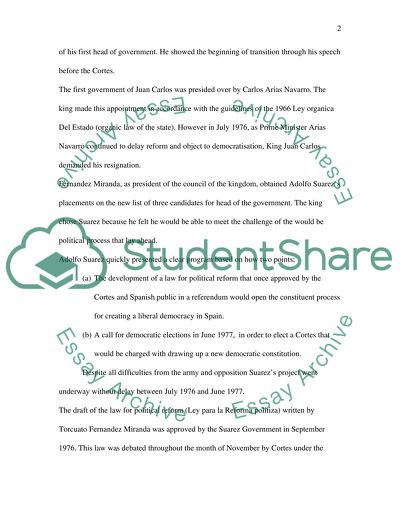Cite this document
(“Comparative democratisation Essay Example | Topics and Well Written Essays - 2000 words”, n.d.)
Comparative democratisation Essay Example | Topics and Well Written Essays - 2000 words. Retrieved from https://studentshare.org/miscellaneous/1500677-comparative-democratisation
Comparative democratisation Essay Example | Topics and Well Written Essays - 2000 words. Retrieved from https://studentshare.org/miscellaneous/1500677-comparative-democratisation
(Comparative Democratisation Essay Example | Topics and Well Written Essays - 2000 Words)
Comparative Democratisation Essay Example | Topics and Well Written Essays - 2000 Words. https://studentshare.org/miscellaneous/1500677-comparative-democratisation.
Comparative Democratisation Essay Example | Topics and Well Written Essays - 2000 Words. https://studentshare.org/miscellaneous/1500677-comparative-democratisation.
“Comparative Democratisation Essay Example | Topics and Well Written Essays - 2000 Words”, n.d. https://studentshare.org/miscellaneous/1500677-comparative-democratisation.


